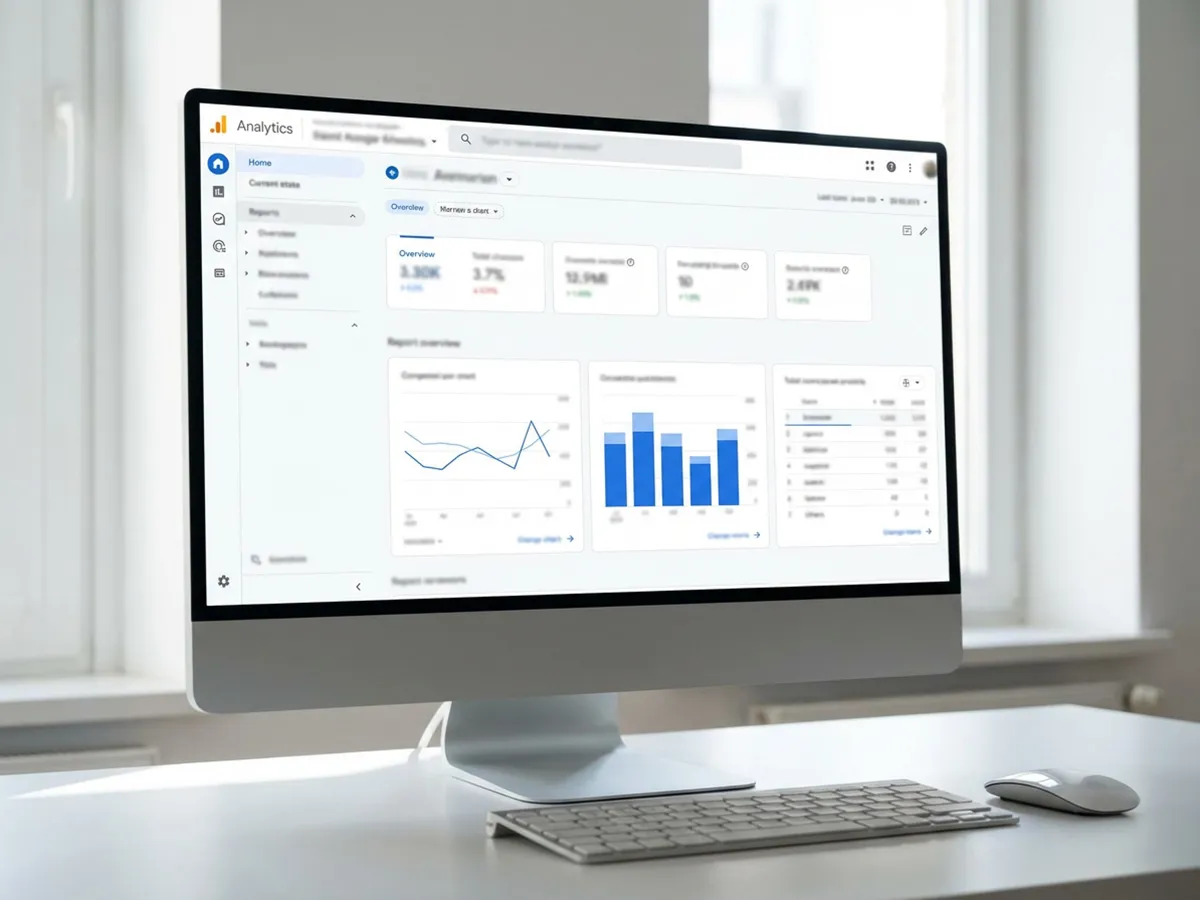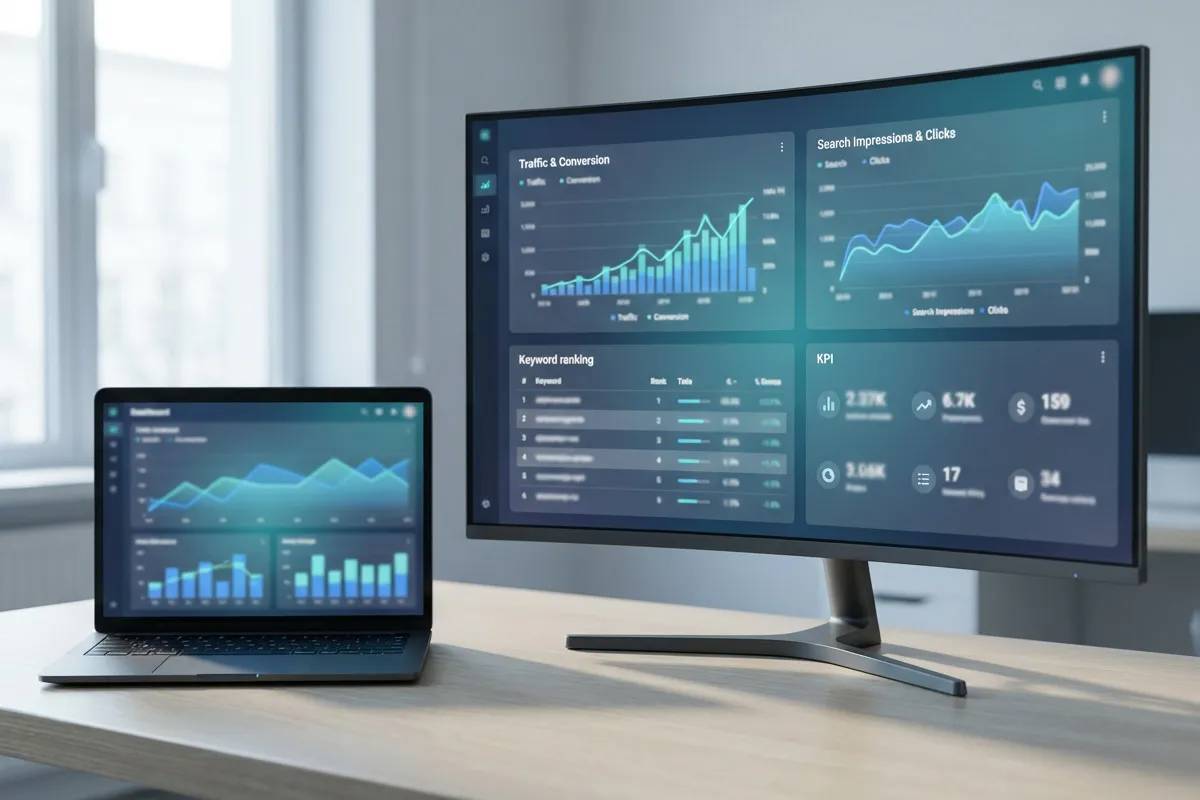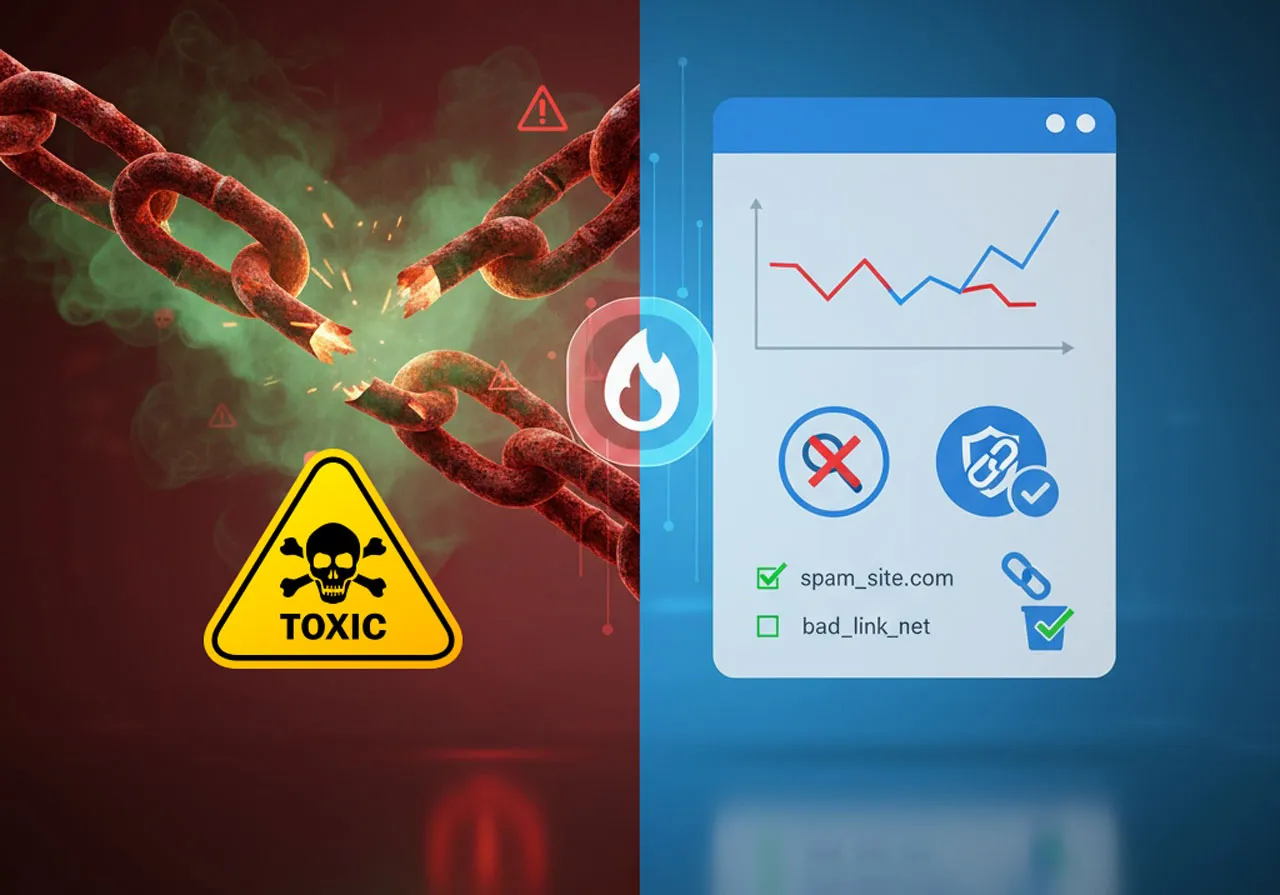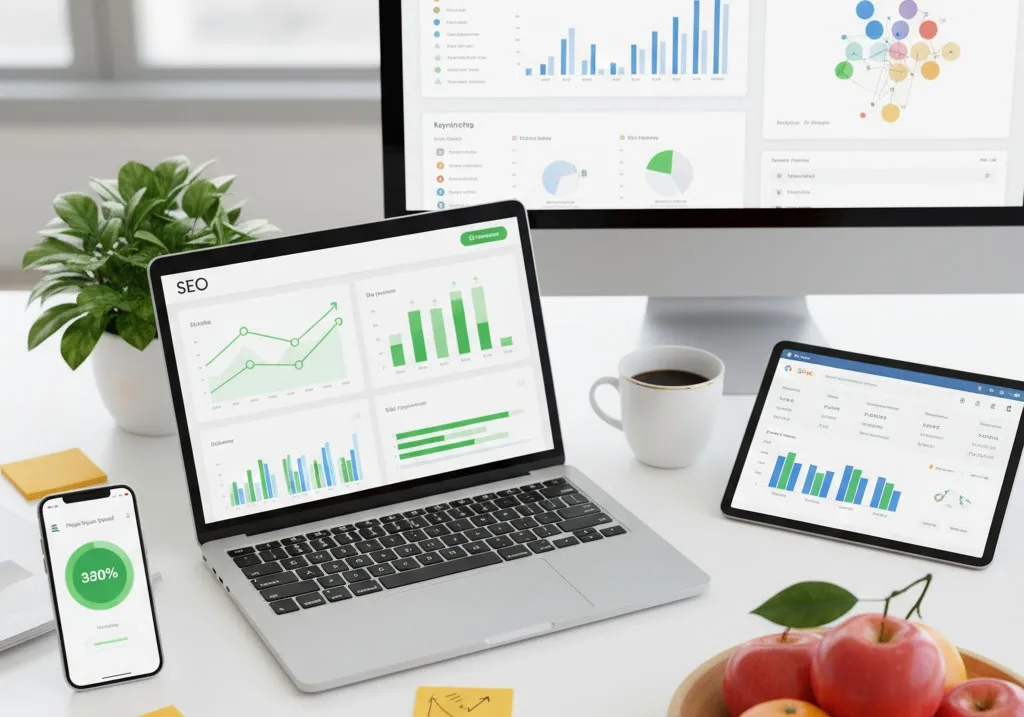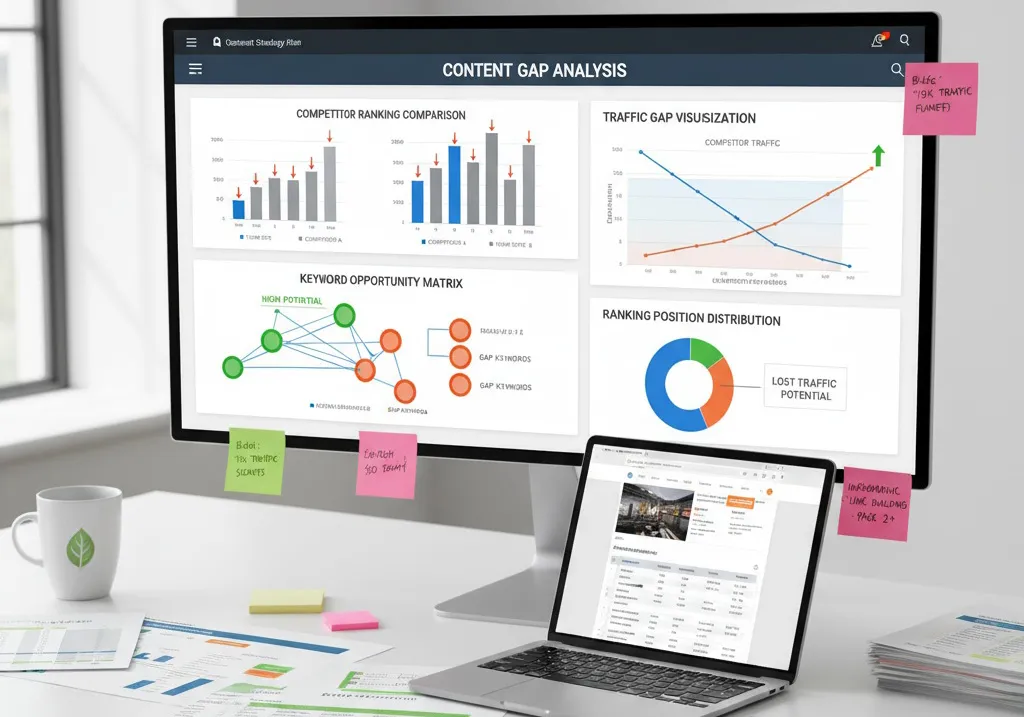Introduction
In today’s business environment, having a strong digital presence is crucial for small businesses looking to grow, compete, and maintain visibility. Digital marketing strategies offer cost-effective ways to connect with potential customers, build brand awareness, and increase sales. Whether you’re just getting started or looking to improve your current approach, this guide provides a practical overview of proven digital marketing tactics.
From improving your website’s search engine performance to leveraging social platforms and paid advertising, small businesses can use a mix of tools and channels to drive consistent growth. This article will break down key areas of digital marketing, including SEO, Local SEO, Social Media, PPC Advertising, Influencer Marketing, and Competitor Analysis to help you build a results-driven strategy.
Why Digital Marketing Matters for Small Businesses
Digital marketing levels the playing field for small businesses. It allows you to compete with larger brands by targeting your specific audience efficiently and within budget. Traditional advertising often requires large investments with limited tracking. In contrast, digital strategies offer:
– Cost-effective promotion through online platforms.
– Real-time performance tracking via analytics tools e.g Google Analytics.
– Improved audience targeting based on behavior and preferences.
– Enhanced brand visibility through multiple channels.
Core Components of a Digital Marketing Strategy
A complete digital marketing strategy consists of several key components. Each plays a unique role in reaching and converting your target audience. Here’s a breakdown:
Search Engine Optimization (SEO)
SEO is essential for increasing your website’s visibility in search engine results. It includes optimizing site structure, improving content quality, and building backlinks.
Local SEO
For small businesses, especially those serving local communities, local SEO ensures your business appears in “near me” searches and on Google Maps. Key elements include:
– Google Business Profile optimization
– Local keyword targeting
– Customer reviews and citations
Social Media Marketing
Social platforms are vital for engaging with your audience and promoting your brand. A solid social media strategy includes:
– Choosing the right platforms (e.g., Facebook, Instagram, LinkedIn)
– Consistent content scheduling
– Responding to comments and messages
– Leveraging paid social campaigns
PPC Advertising: Immediate Visibility and Lead Generation
Pay-Per-Click (PPC) advertising provides immediate traffic by placing ads on search engines and social platforms. Small businesses can reach their target audience quickly and control costs with flexible budgets. Key advantages of PPC include:
– Fast results with measurable ROI
– Targeted campaigns using demographics, interests, and location
– Budget control with adjustable daily spending
– Performance tracking through tools like Google Ads and Meta Ads Manager
Start by identifying high-intent keywords, crafting relevant ad copy, and setting clear goals for each campaign. Continually test and optimize to improve your cost-per-click and conversion rates.
Influencer Marketing: Building Trust with Niche Audiences
Influencer marketing leverages trusted voices within your industry or local community. Collaborating with micro or nano-influencers (those with smaller but highly engaged followings) can be especially effective for small businesses. Benefits include:
– High engagement rates from niche communities
– Authentic promotion of products and services
– Increased brand credibility and awareness
– Expanded reach without the need for large-scale budgets
When selecting influencers, focus on alignment with your brand values and ensure they have an audience that matches your customer profile.
Competitor Analysis: Learning from Market Leaders
Understanding your competitors’ digital marketing strategies provides valuable insight into what works and where you can differentiate. Through competitor analysis, you can identify trends, content gaps, and areas for improvement in your own strategy. Focus on:
– Website traffic sources and keyword rankings
– Content strategies including blog topics and posting frequency
– Ad campaigns and creative through ad library tools
– Social media presence and engagement levels
Use tools like Semrush, Ahrefs, or SpyFu to gather data and benchmark your performance. Regular analysis helps you stay competitive and adapt to changes in the market.
Optimizing Your Website for Conversions
Having a user-friendly website is essential for converting visitors into customers. Your site should be optimized for both search engines and users. Key factors to focus on:
– Responsive design that works on all devices
– Fast loading speed to reduce bounce rates
– Clear navigation and call-to-action buttons
– Optimized landing pages for each service or product
– On-page SEO such as keyword placement, internal linking, and metadata
A well-structured website supports your broader digital marketing efforts and ensures visitors can easily find what they need.
Email Marketing: Direct Communication with Your Audience
Email marketing remains a powerful channel for building relationships and driving repeat business. It allows you to engage directly with your audience through personalized messages. Small businesses benefit from:
– Cost-effective campaigns with high ROI
– Audience segmentation for targeted messaging
– Automation features to nurture leads
– Performance tracking including open and click-through rates
To maximize results, use tools like Mailchimp or Constant Contact. Focus on growing your email list, creating valuable content, and maintaining consistent communication.
Measuring Results and Improving Performance
Tracking the performance of your digital marketing efforts is critical for ongoing success. Analytics tools help identify what’s working and where to improve. Make sure to:
– Set clear KPIs (e.g., website traffic, conversion rates, cost per lead)
– Use Google Analytics to monitor behavior and trends
– Review campaign data from social media and PPC platforms
– Make data-driven decisions to refine your strategy
Conclusion
Digital marketing presents small businesses with a powerful set of tools to grow and compete in a dynamic online environment. By implementing a well-rounded strategy—encompassing SEO, Local SEO, Social Media, PPC Advertising, Influencer Marketing, and Competitor Analysis—businesses can effectively reach their audience, generate leads, and drive sales.
Consistency, measurement, and adaptability are key to success. As digital trends evolve, regularly reviewing and updating your strategy ensures long-term performance and visibility. With the right mix of techniques and platforms, small businesses can establish a strong digital footprint and achieve sustainable growth.
Meta Description: Learn how to grow your small business with this complete digital marketing guide. Discover strategies for SEO, Local SEO, Social Media, PPC Advertising, Influencer Marketing, and Competitor Analysis.



